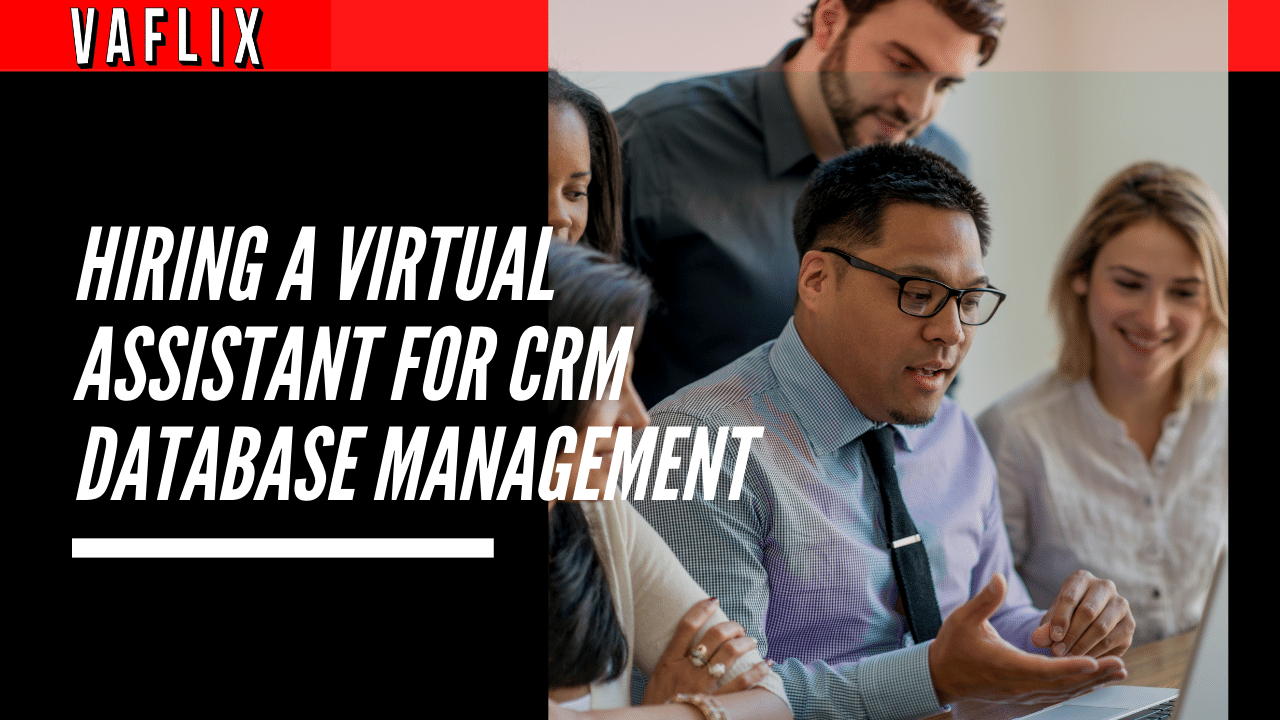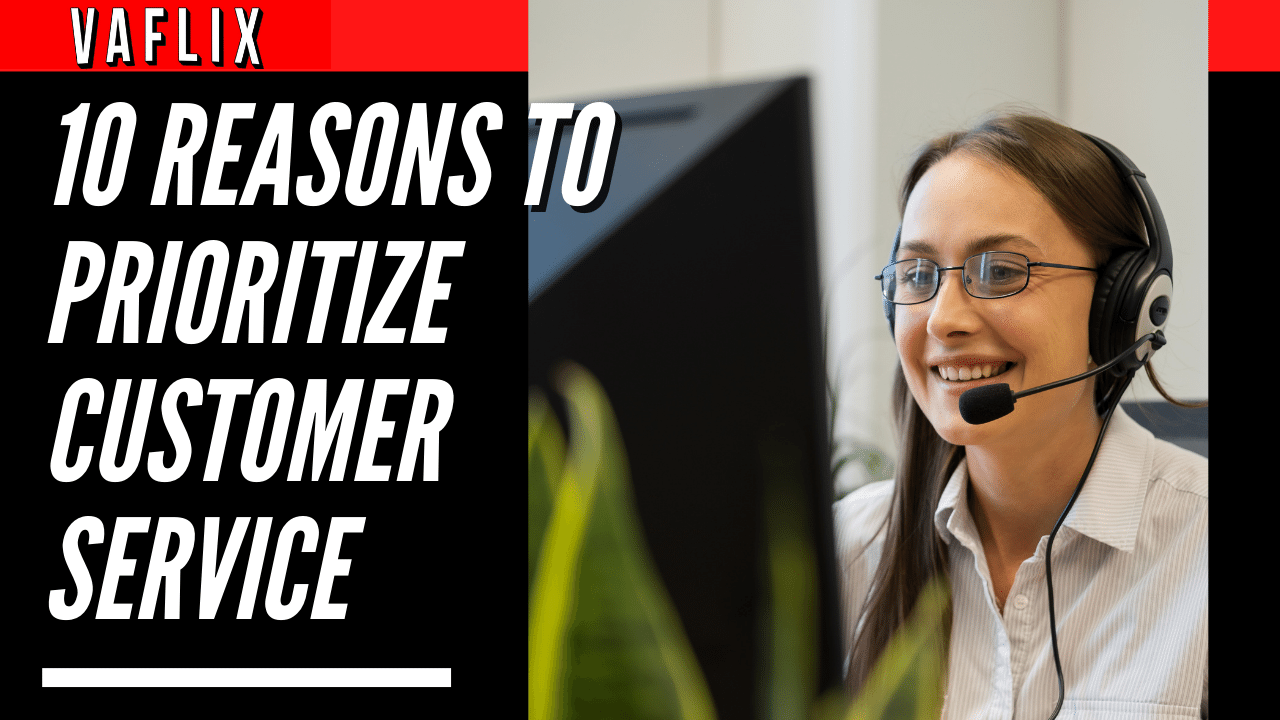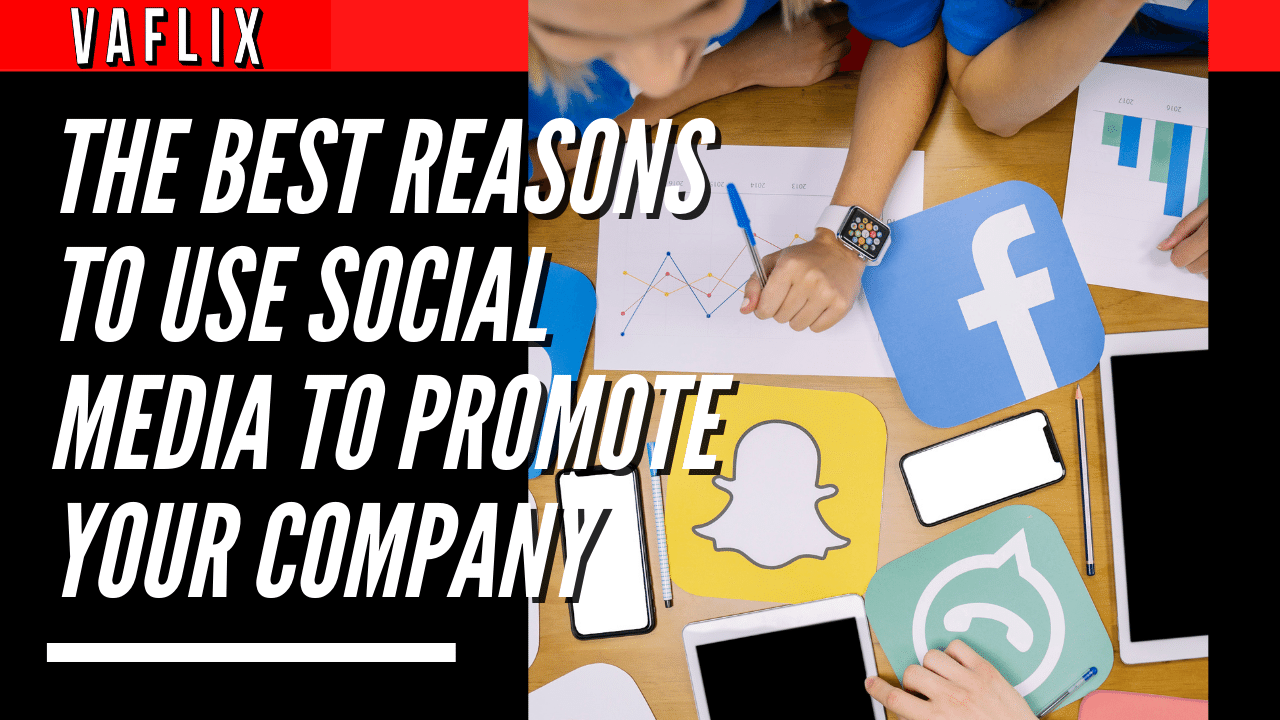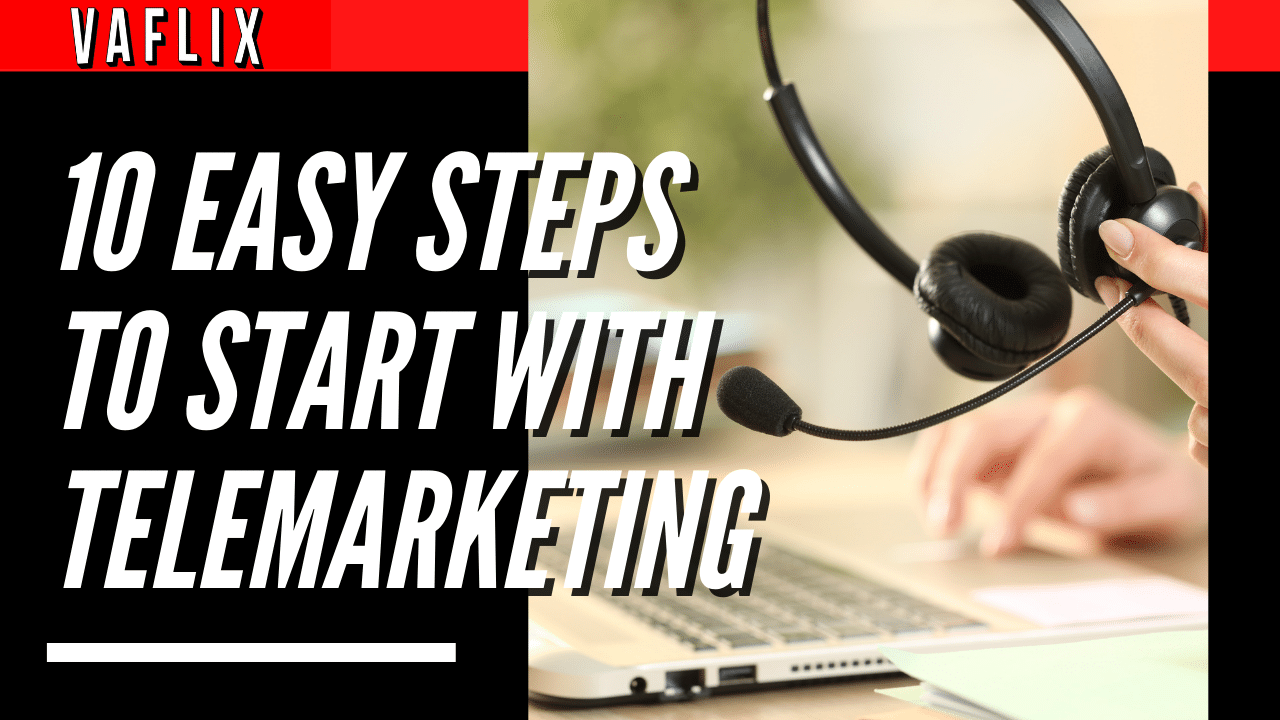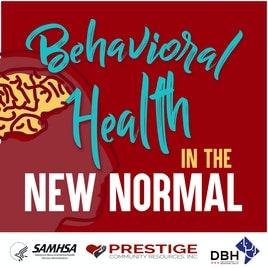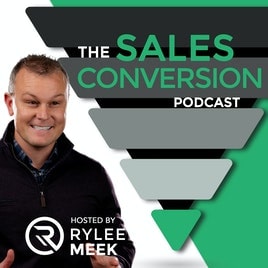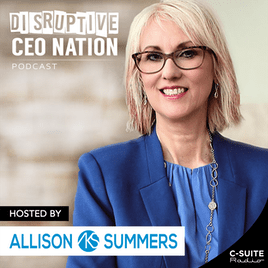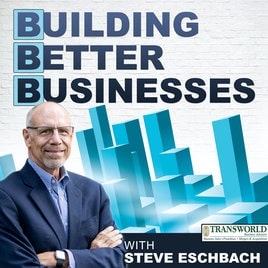Hiring a Virtual Assistant for CRM Database Management
In the past few years, customers have come to expect faster and more personalized service than they used to. Because of this, customer relationship management (CRM) systems are almost a must-have to stay competitive.
What Is CRM Database Management?
A CRM database makes it easy for businesses to automatically collect, store, and analyze information about their customers. It could be information from a customer’s social media accounts, their purchase history at an online store, or information for a webinar. Here is where you can see all of these facts at once.
CRM database management is how you organize the information you’ve gathered and make strategic decisions about how to improve your customers’ experiences. A good CRM database lets you keep track of more than just customer names and addresses. It should also gather information from customer service, sales, social media, and other places.
3 Types of CRM Databases
Not every CRM is made with the same features. Some are made to store and organize customer information, while others are made to analyze information to help make plans. At least one of the three types of CRM—collaborative, operational, and analytical—applies to them.
Here is an explanation of how they work:
1. Collaborative
A collaborative database is meant to make your work easier by putting all of your sales, marketing, and customer service information in one place. This means that everyone on your team has access to all the information about your customers and how they interact with you. It has two main components, which are:
- Interaction Management: Teams can keep track of all interactions with customers, including what they’re about, how they communicate, and other information about the customer.
- Channel Management: Using the information gathered through interaction management, teams can figure out which channels of communication work best for which customers. Through data analytics, AI, and automation, this personalization makes sure that All customers are as happy as possible across all channels.
Ideal for: Businesses with teams that work in different departments or in different places. This is also good for people whose sales cycles depend on communication between different departments. Consider this type of CRM database only if you don’t mind letting everyone in your organization see information about your customers.
What a virtual assistant can do:
- Reach out to clients directly to solve problems and answer questions. This will improve customer service and keep more customers.
- Keeping track of customer information and support documentation can help you make customer self-service portals.
- Improve the way CRM databases are managed to cut down on mistakes and make the system work better.
2. Operational
A working CRM database makes tasks that are often repetitive and tedious easier to do and automates them. By doing this, team members can focus on their main jobs, which are to come up with ways to get leads, build meaningful relationships with customers, and keep clients. It has three main uses, which are:
- Automation in marketing – This takes care of manual tasks that take a lot of time for marketers. For example, it can send emails to customers based on what they’ve done, like an “abandoned cart” email if they haven’t bought the things in their cart, a “transactional” email after they’ve made a purchase, etc. It can also give you information about specific leads by tracking the return on investment (ROI) of your ads and giving you marketing analytics.
- Sales Automation: Email scheduling, keeping track of sales calls, and making the process of managing leads easier are all examples of sales automation. It also automates the scoring process so that sales reps know which leads to focus on first and can give each sales rep specific tasks to move the conversion process along.
- Service automation is similar to sales automation in that it uses information about customers to tell a sales rep what steps to take to help a customer. It also automates tasks that have to do with customer service, like sending out surveys to find out how happy customers are.
Ideal for: Businesses that want to automate the repetitive administrative tasks in their workflow and get a clear view of their customer lifecycle so they can fill any gaps.
What a virtual assistant can do:
- Help with marketing campaigns by helping to plan, automate, and run them.
- Add more customer support systems, like live chat, a help desk, and a support community, to the automated CRM functions you already have.
- Integrate and change your CRM software so that you can work well with other team members.
3. Analytical
While the first two items are mostly about roles that involve interacting with customers, an analytical CRM database can be used to make plans. It uses the information about customers that has been collected to point out areas or gaps that might be missed if they were not laid out. Some of the most common parts of an analytical CRM database are given below:
- Data warehousing is the process of getting data from different sources and putting it all into one CRM database. Then, based on your needs, it puts them into a structured framework.
- Data mining is a process that uses the raw data gathered by data warehousing to find trends that are important to the customer’s lifecycle. These can be used in sales, finance, marketing, and other fields.
Ideal for: Businesses that need to look at a lot of data to learn something useful. This will also be great for people who make decisions based on the data they have.
What a virtual assistant can do:
- Make detailed data reports from the information in your CRM database so you can analyze it further.
- Removes duplicates from the database to make sure that the insights are correct.
Here’s How VA FLIX Can Help
Whether a business is big or small, hiring a virtual assistant to manage their CRM database can be helpful. It’s a cheap way to keep your database organized and running smoothly, so you can spend more time coming up with ways to improve your relationships with customers.
VA FLIX has both general virtual assistants and a team of VAs who specialize in things like sales and marketing and can do things like manage CRM databases. You can give a VA FLIX Assistant different CRM roles and responsibilities to handle any kind of database.
Virtual Assistant Tasks for CRM Database Management
Some of the most common things a VA FLIX Assistant can do are listed below:
- Data entry means putting together information about customers from different sources, making sure it’s correct, looking for mistakes and errors, and fixing them.
- Data mining is the process of looking through raw data for relevant trends, making predictive models with the help of techniques and software, and making reports and presentations of data for shareholders.
- CRM data cleanup: removing duplicate data from the database, archiving old data, fixing formatting problems, and standardizing data collection.
How To Hire A CRM Database Management VA Through VA FLIX
The hiring process for VA FLIX is easy. Just tell us what you need, and we’ll take care of the rest. Below is a breakdown of our process that takes no more than 72 hours to complete.
- Get on a discovery call with us. We’ll ask you questions to find out what you want and to answer any questions you might have about how we work. Then, our experts will talk with you about what kind of VA FLIX Assistant will meet your needs best.
- Consider the candidate. After the first call, you’ll get information about the recommended candidate that is relevant to your search, such as a copy of their resume and a suggested interview schedule, etc. If the chosen candidate doesn’t meet your criteria, you can still ask for another recommendation.
- Meet the applicant. Once you are satisfied with our recommendation, you can initiate a call with them to learn more about them.
- Receive information from us. You will be assigned a client relationship manager (CRM) who will provide you with updates on your request. You can also ask them questions or tell them how you feel. If you’re happy with the VA FLIX Assistant that was recommended to you, your CRM will set up an onboarding call and finish the billing process with you.
- Bring your VA FLIX Assistant on board and make them a part of your team. At this last step, you could have an onboarding call with them to talk about their job duties and important communication rules.

